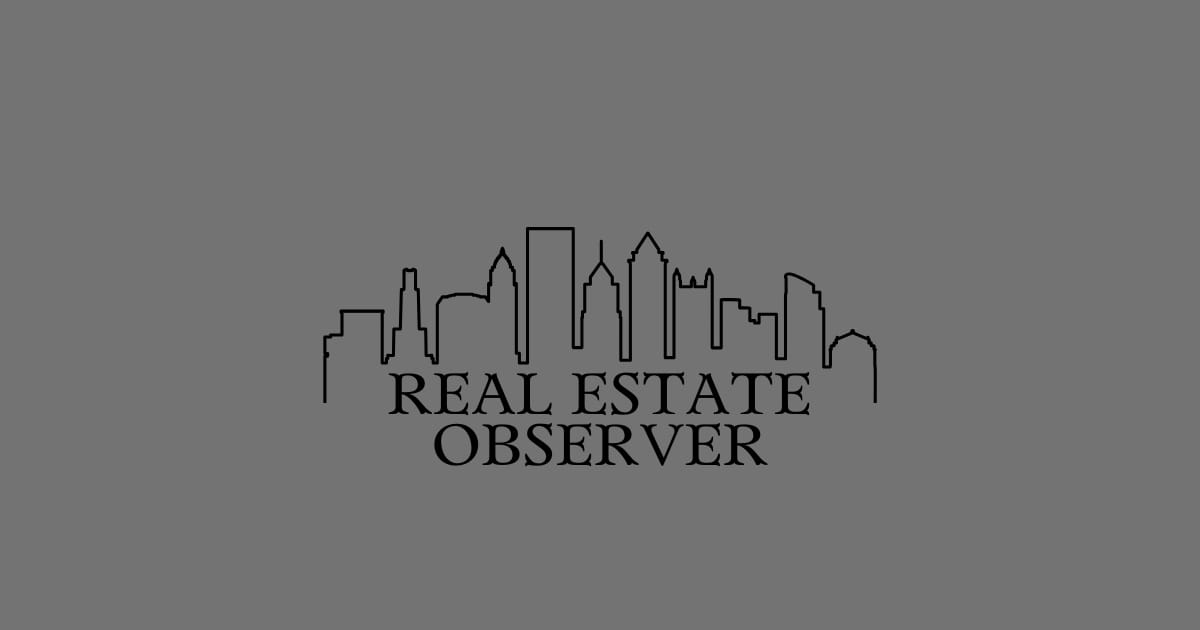Real Estate Observer This newsletter will provide frameworks & analysis you can use to confidently invest your capital in private market real estate. It is written from the perspective of someone who reviews many deals in search of one that fits my personal or my investor community’s preferences. To keep up with what I’m working on, click here. |
My fiancé and I recently got engaged in August of 2024, so over the past few months, we’ve been touring wedding venues. One place we chose to tour was Champagne Manor in Monroe, NC, a beautiful farm-like property.
We absolutely loved it.
Comments from my fiancé, Alexandra: “I decided to do some research on Facebook and came across a few posts that raised some yellow flags. I say yellow because, honestly, I think I was in denial. Like Clay said, we loved this property. The owner made several promises that really made this property stand out. For example, he promised a stunning glass ballroom would be ready by March of 2024—which still hasn’t been started. On top of that, my mom had an “off” feeling about the property and owner following the tour, but again, my denial took over. After spending way too much time on Facebook, Clay and I both agreed to proceed with caution, and decided to have another conversation with the owner.”
The conversation went well, as he reassured us that the ballroom would be ready in time for our wedding.
After continuing to search for positive customer feedback and uncovering more reviews buried deep on the internet, we decided there was too much risk to move forward.
What we didn’t know at the time is that we had dodged a major bullet. The venue has recently closed, and there are now couples with tens of thousands of dollars in deposits who still haven’t been refunded.

The following statement was recently shared by an anonymous source in a Facebook wedding group…

Interestingly enough, the owner of this venue took a risk similar to what many multifamily syndicators did between 2020 and 2022. He took out a floating interest rate bridge loan at the lowest interest rates in American history to fund his venue and business operations.
Then, as we all know, interest rates skyrocketed, and he couldn’t meet his obligations. What followed was a downward spiral of false promises and empty hope.
We got very lucky, but unfortunately, for others - not so much.
The type of debt used in a property or business is one of the biggest risk factors in any investment. Bridge debt isn’t inherently bad - I’ve personally invested in deals with bridge debt, but it must be used appropriately. When evaluating an investment in private real estate, be sure to scour the internet for any red flags about the sponsor. This should always be a key part of your due diligence.
Read More Here: Owner of Wedding Venue That Closed in Monroe Responds After Future Weddings Cancelled
Thanks for reading! If you’re interested in North Carolina single-family development or existing multifamily opportunities, you can follow along by clicking here. I usually only come across 1–3 deals per year that are worth investing in.

